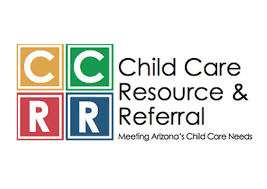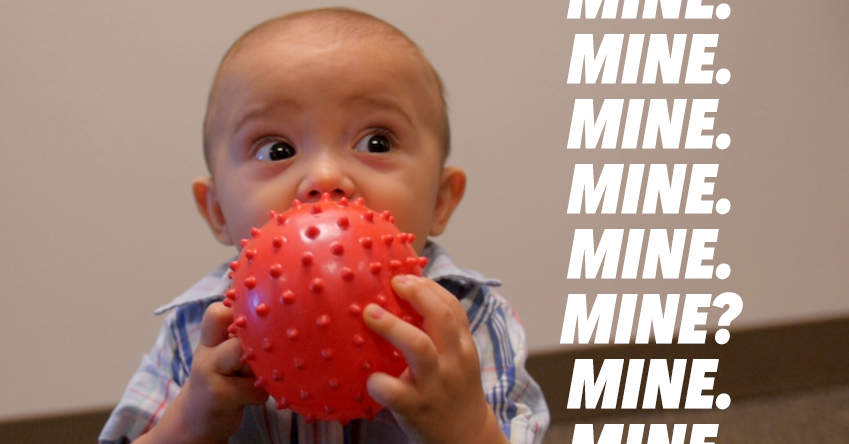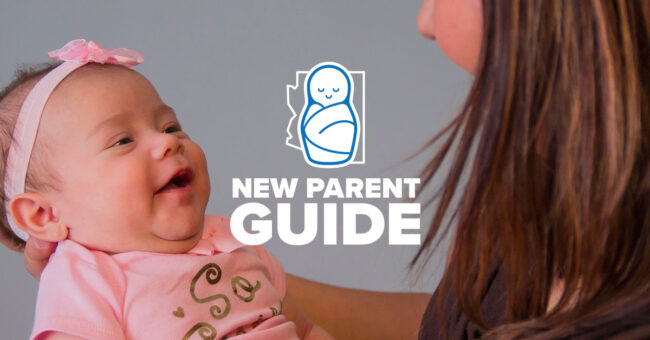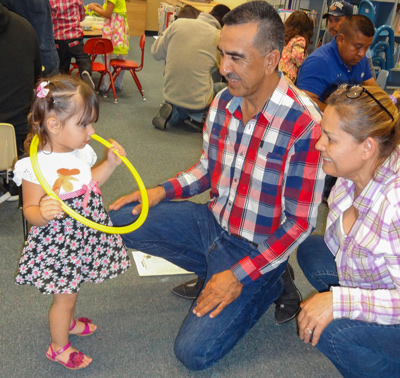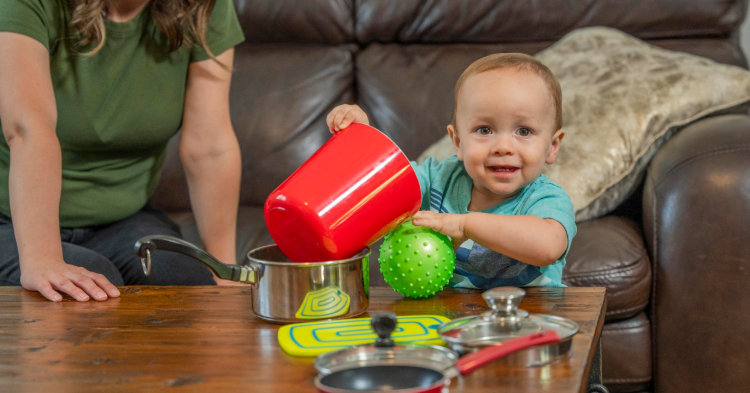
If you’re a parent of a toddler or preschooler, you probably remember the first time your little one reacted in a way that left you surprised, frustrated, embarrassed or somewhere in between.
You know the behaviors—hitting, biting, throwing things. Some say navigating these is a parenting rite of passage, but that doesn’t make them any easier to work through in the moment.
Sometimes called challenging behaviors, hitting, biting and tantrums are normal parts of your child’s development. In fact, your child is usually trying to communicate a big feeling or emotion. That’s why it is more helpful to focus on what kids are trying to communicate with their actions and what purpose the actions serve.
All Behavior is Communication
The ABCs lay the foundation for the English language and for understanding why children behave the way they do. All Behavior is Communication.
Some behaviors are particularly challenging, especially in early learning settings like child care or preschool. But many behaviors—even challenging ones—are typical in young children as they develop sufficient language skills to express their thoughts and emotions.
When we understand young children’s actions, we can respond with awareness while teaching them more positive behaviors.
Behavior Depends on Development
There isn’t a one-size-fits-all approach to behaviors.
“A behavior is only a problem if it’s a problem in its context,” said Heidi Walton, Quality First program specialist and former preschool teacher.
For example, running around a classroom is inappropriate when a teacher is in the middle of a lesson, but it is appropriate during recess or in an open space as a way to release energy.
That’s why it’s important to understand the message behind the behavior instead of focusing solely on the behavior itself. Addressing the root cause can help you prevent the behavior in the future.
Observe
We often notice behaviors but miss clues to the message behind them. Observe your child when challenging behaviors are most likely to occur. You can even ask your partner or friend for help. Notice things that happen before the behavior begins—the time of day, type of activity and others involved. Did you notice any potential causes, such as hunger, fatigue or boredom? Keeping notes can help you identify patterns.
Prevent
Based on what you saw, you can try preventive measures. If hunger is the underlying cause for a behavior, try moving your child’s meal time earlier or packing extra snacks. Try adding another nap to your child’s routine if it’s fatigue. When boredom seems to be the culprit, give sensory activities or more active play a try. These adjustments can help proactively address your child’s needs, minimizing the chance of unwanted behaviors.
Keeping it Real
You may be thinking, I don’t have time to make those adjustments. Or, I have other children, too. This is an excellent opportunity to ask for help. Ask a friend, neighbor, child care provider or family member to help you make slight adjustments for your child. You may be surprised at just how willing people are to help you!
Communicate with Others
Speaking of help, it’s important to communicate with your child’s preschool teacher or other caregivers to help your child succeed. Share what you learned from your observations and ask them to share anything they noticed while caring for your child.
“Your kid is going to challenge you, and they’re going to challenge other people,” Walton said. “But, when your child knows that you love them no matter what and that they can count on you, it’ll get you through a lot.”
It’s important to work as a team. Because child care providers work with many children at a time, they may not always be able to make special accommodations or schedule alterations for your child. But you can always ask and provide information to help them put things into perspective.
Remember that through everything, your child wants to know they still have your love, affection and support.
As much as parents would love to find a cure-all for hitting and biting, that will likely not happen. In the meantime, try your best to remain calm, encourage positive behaviors and remember that this stage (and the bite marks) won’t last forever.


